Beyond Paperwork: How Automation Transforms Customs Brokerage and Freight Forwarding
Walk into any bustling freight forwarding or customs brokerage office, and you’ll witness the daily onslaught of commercial invoices, bills of lading and packing lists. The deadlines are tight, errors are costly and manual data entry can stretch even the best clerks to their limits. Fortunately, modern AI data extraction tools can automate large portions […] The post Beyond Paperwork: How Automation Transforms Customs Brokerage and Freight Forwarding appeared first on .

Walk into any bustling freight forwarding or customs brokerage office, and you’ll witness the daily onslaught of commercial invoices, bills of lading and packing lists. The deadlines are tight, errors are costly and manual data entry can stretch even the best clerks to their limits.
Fortunately, modern AI data extraction tools can automate large portions of this paperwork, reducing workload and improving accuracy without replacing the nuanced judgment that human experts provide.
The Real Challenges Brokers and Forwarders Face
Commercial Invoices Overload
Commercial invoice processing must be handled accurately for every inbound or outbound shipment to avoid compliance problems. Even minor typos can lead to extra fees, returned shipments or penalties. Handling hundreds of these documents daily quickly overwhelms staff. Invoice automation streamlines the entire process, reducing manual workload, minimizing errors and ensuring compliance with regulatory requirements.
Pressure to Stay Compliant
Freight forwarding and customs document automation require constant vigilance: a single missed detail can cause long delays or trigger audits. While intelligent document processing (IDP) software can flag discrepancies, it’s ultimately human knowledge that determines the rules. However, once those checks are set, an automated data validation system never tires or forgets to apply them.
High Operating Costs
Companies often respond to rising demand by hiring more data-entry staff, which drives up labor expenses and risks human error. Paperless document management software can process high volumes at scale without significant overhead increases, which is key to scaling freight operations without adding headcount.
How AI Document Automation Delivers Value
AI Data Extraction
PaperEntry AI from Deep Cognition quickly extracts relevant information from each commercial invoice, such as supplier details, item counts and declared values. It then populates your logistics workflow automation systems, drastically cutting the time your team spends on manual data entry. Data extraction AI tools like this save time and improve accuracy.
Validations With Human-Guided Rules
The power of automated data validation lies in its speed and consistency. A human defines critical checks, such as matching invoice line items to internal descriptions or referencing your freight database for consistent naming, and the paperless document management software runs these validations on every document. Where a tired clerk might miss a mismatch or duplication, an intelligent document processing (IDP) tool will flag it every time, ensuring a near-perfect catch rate.
Enriched Data From Internal Databases
While PaperEntry AI doesn’t classify everything on its own, this AI document automation tool can connect to your internal systems for suggestions, like referencing item descriptions or regulatory notes. The final say always belongs to your experienced team, but paperless document automation ensures they see the right data in context to make quick, accurate judgments, crucial for end-to-end trade compliance.
Seamless Integration
Commercial invoice automation works best when it integrates with the rest of your freight management or customs brokerage software. By syncing data across all systems in real time, you reduce redundant tasks. This leads to fewer errors, lower operational costs and faster customs clearance with AI in logistics.
Why Humans Still Matter
Automation isn’t a substitute for the specialized knowledge that customs brokers and freight forwarders bring to the table. Instead, it augments your capabilities:
- Defining Validation Rules: An AI data extraction tool can’t know your unique business logic until you teach it. Experts decide what checks to run and how to handle exceptions.
- Overseeing Exceptions: When the data extraction AI system flags unusual invoice data, a trained human can step in to investigate.
- Continuous Improvement: As regulations or client requirements shift, your team updates the system rules. AI document automation enforces them consistently.
In other words, using AI in logistics frees your staff from data grunt work so they can focus on solving complex problems, building client relationships and expanding your routes.
The Human Element: Empowering, Not Replacing
You might worry that using AI in logistics means fewer roles or losing expertise. In reality, intelligent document processing (IDP) augments your team’s capabilities:
- Entry-level staff become compliance spot-checkers instead of data typists.
- Mid-level managers focus on shipment analytics and forging better carrier relationships.
- Senior brokers/forwarders spend more time on strategic planning, trade-lane expansion or high-level contract negotiations.
In other words, paperless document automation helps your entire organization move from routine tasks to value-added activities that drive growth and keep clients satisfied.
Real Impact: From Day-to-Day Wins to Long-Term ROI
Zero-Hour Turnarounds
Need to handle a rush shipment with hundreds of line items? AI-based data extraction and validations allow you to file entries in minutes.
Reduced Operational Costs
Fewer errors and less rework free up budgets. Those savings might go into upgrading tech systems or exploring new trade lanes.
Stronger Client Relationships
Clients rely on you for timely, accurate shipping. When you deliver consistent results, no matter the cargo volume, you earn their loyalty and word-of-mouth referrals.
Making the Leap to AI Automation
If you’re on the fence, start small. Identify one high-volume document type, like commercial invoices for a specific import lane and trial an intelligent document processing solution. Track metrics such as:
- Time spent per document
- Error rate (mismatched data fields, classification errors)
- Staff hours reclaimed for higher-level work
Chances are, you’ll see improvements within weeks. Then, you can extend the automation to other document sets, bills of lading, packing lists or arrival notices, building a paperless customs brokerage.
Why Deep Cognition Fits the Bill
Deep Cognition specializes in customs document automation and freight forwarding automation:
- Generative AI that adapts to different invoice layouts and complex cargo descriptions without promising full classification for HS codes.
- Straightforward integration with leading freight and brokerage platforms, minimizing disruptions.
- Scalable solutions that grow with your shipment volume, no need for endless configurations each time a new supplier or commodity appears.
- Expertise in cross-border compliance, ensuring your system stays in tune with global regulations.
Ready to Transform Your Commercial Invoice Workflows?
Stop letting piles of invoices and manual processes slow you down. PaperEntry AI empowers your operations, delivering consistent speed and accuracy for your freight forwarding or customs brokerage business.
Next Steps:
- Schedule a demo to see commercial invoice automation in action.
- Discuss custom rules tailored to your compliance needs.
- Experience faster processing and fewer headaches on the daily paper grind.
Streamline your logistics and free your team to focus on the strategic, high-value work that truly drives growth.
The post Beyond Paperwork: How Automation Transforms Customs Brokerage and Freight Forwarding appeared first on .


































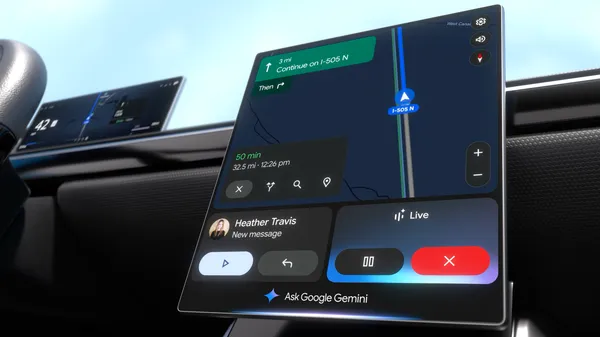






















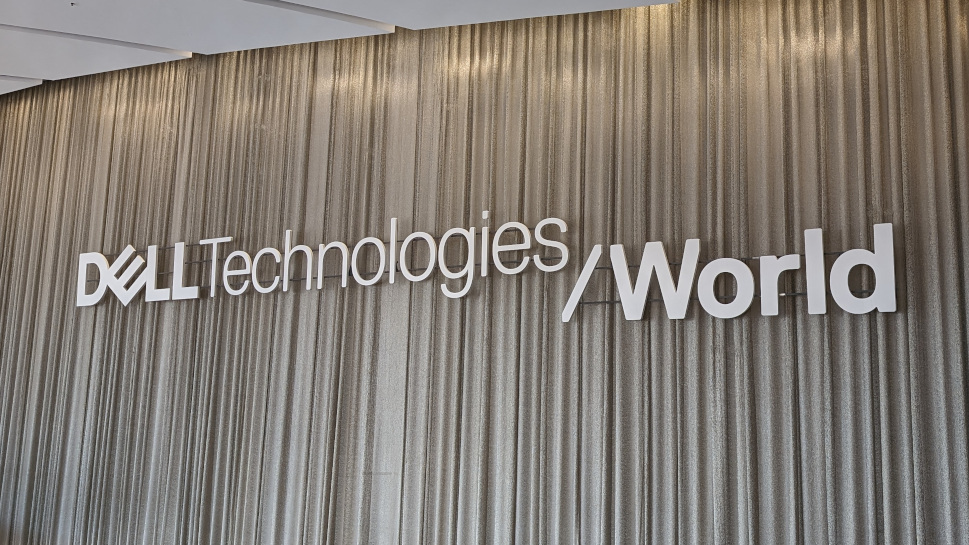

















![Apple May Not Update AirPods Until 2026, Lighter AirPods Max Coming in 2027 [Kuo]](https://www.iclarified.com/images/news/97350/97350/97350-640.jpg)
![iPhone 17 Air Could Get a Boost From TDK's New Silicon Battery Tech [Report]](https://www.iclarified.com/images/news/97344/97344/97344-640.jpg)
![Vision Pro Owners Say They Regret $3,500 Purchase [WSJ]](https://www.iclarified.com/images/news/97347/97347/97347-640.jpg)







































































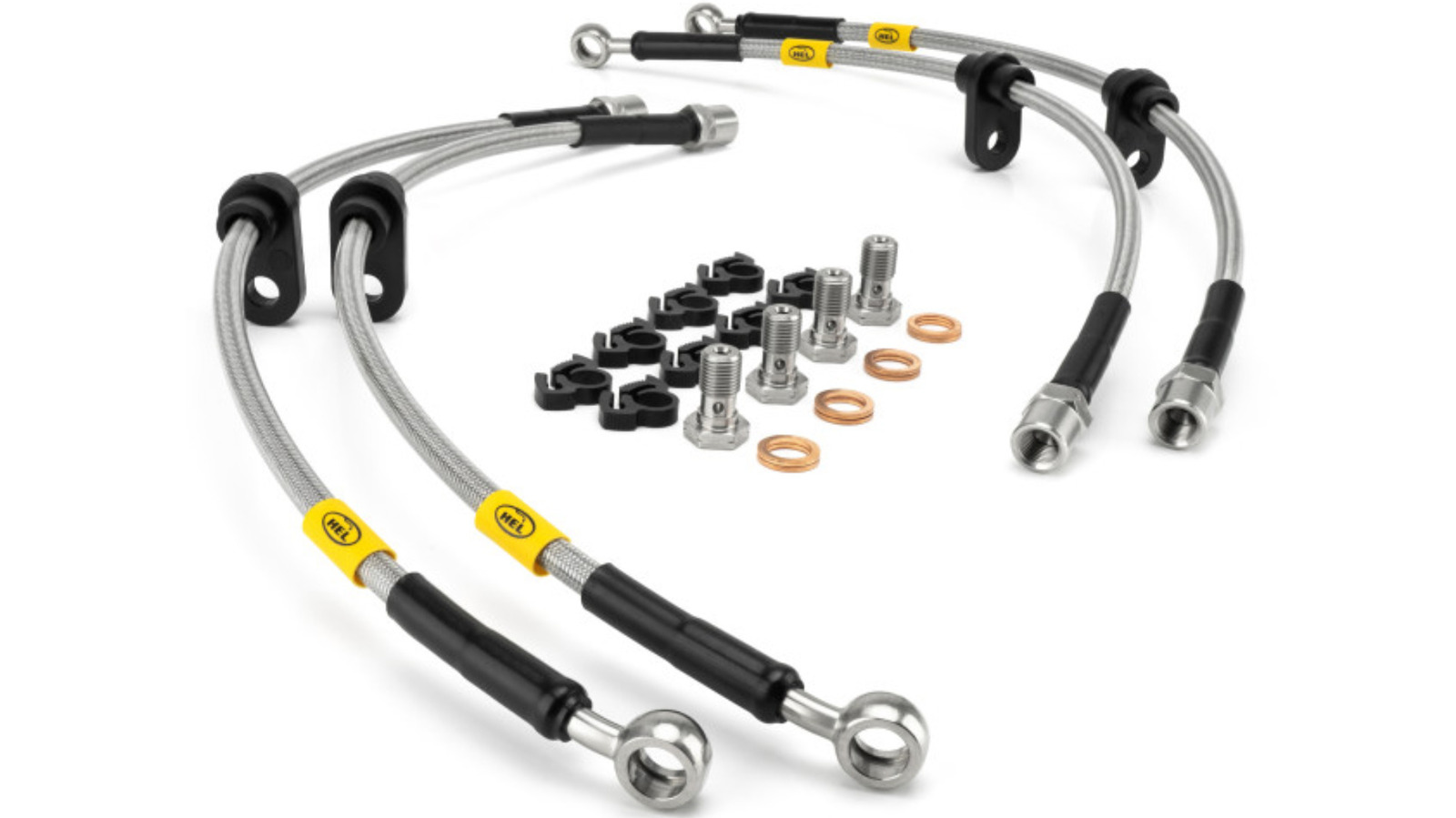

















































































































































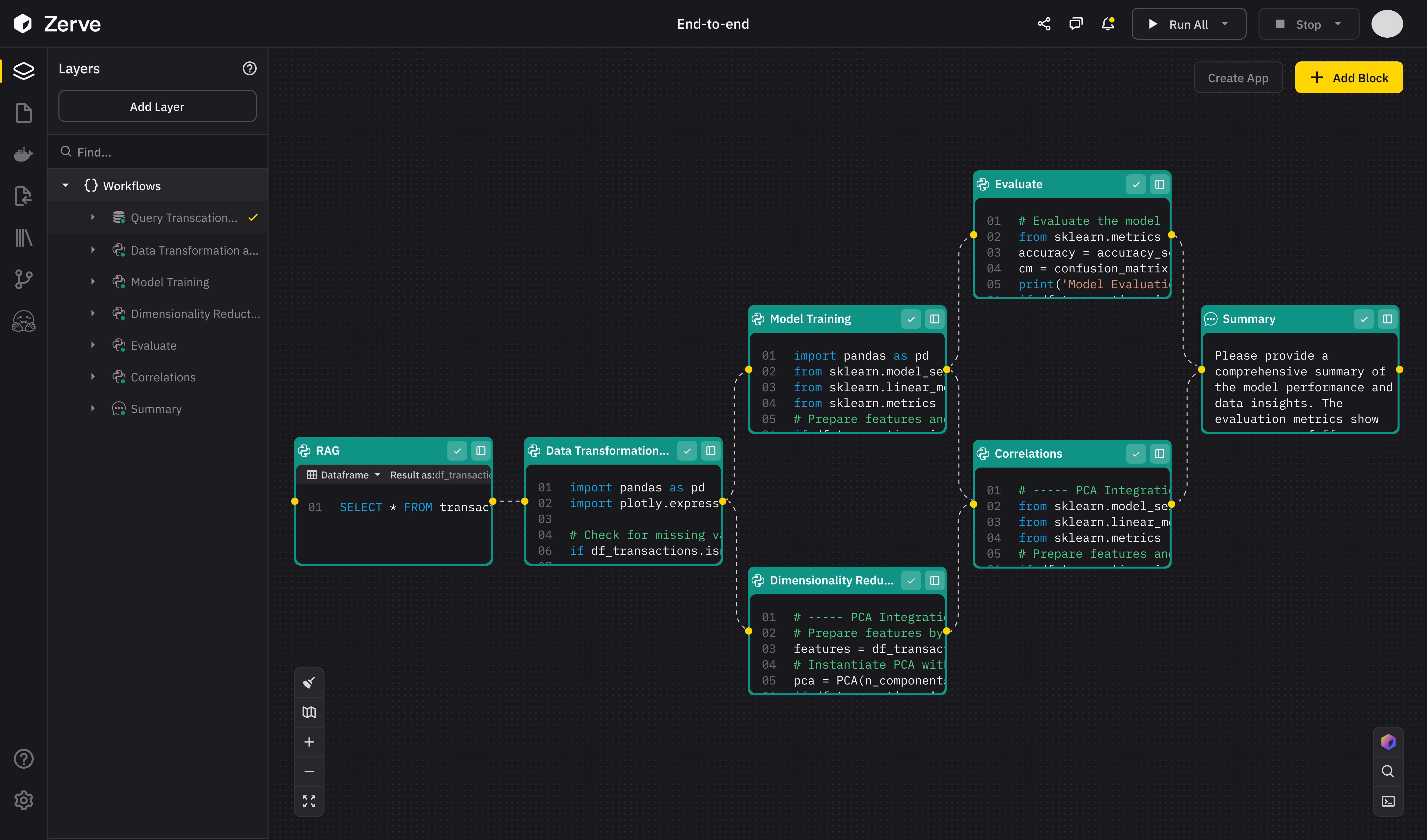












![[The AI Show Episode 147]: OpenAI Abandons For-Profit Plan, AI College Cheating Epidemic, Apple Says AI Will Replace Search Engines & HubSpot’s AI-First Scorecard](https://www.marketingaiinstitute.com/hubfs/ep%20147%20cover.png)
























![How to Enable Remote Access on Windows 10 [Allow RDP]](https://bigdataanalyticsnews.com/wp-content/uploads/2025/05/remote-access-windows.jpg)






































































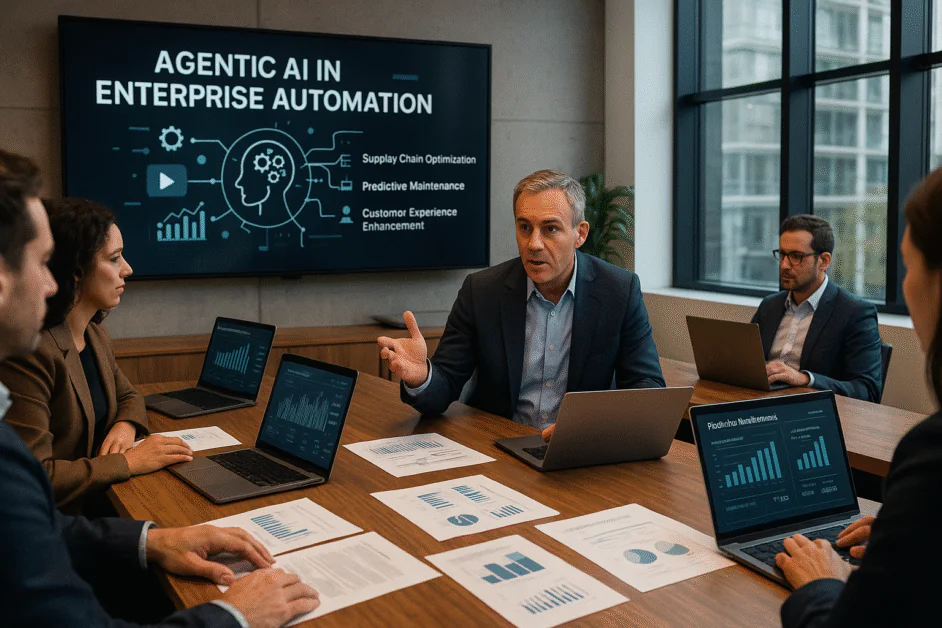












![[DEALS] The ChatGPT & AI Super Bundle (91% off) & Other Deals Up To 98% Off – Offers End Soon!](https://www.javacodegeeks.com/wp-content/uploads/2012/12/jcg-logo.jpg)




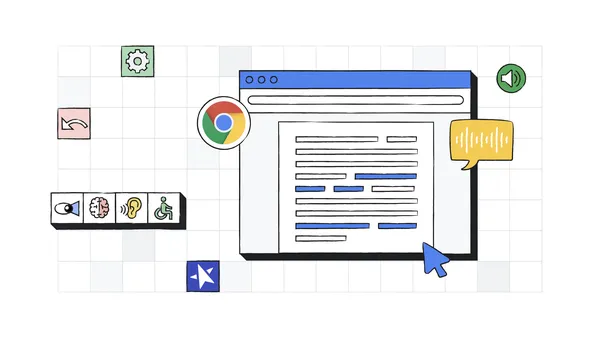
























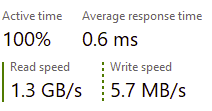















![How to make Developer Friends When You Don't Live in Silicon Valley, with Iraqi Engineer Code;Life [Podcast #172]](https://cdn.hashnode.com/res/hashnode/image/upload/v1747360508340/f07040cd-3eeb-443c-b4fb-370f6a4a14da.png?#)

































































































